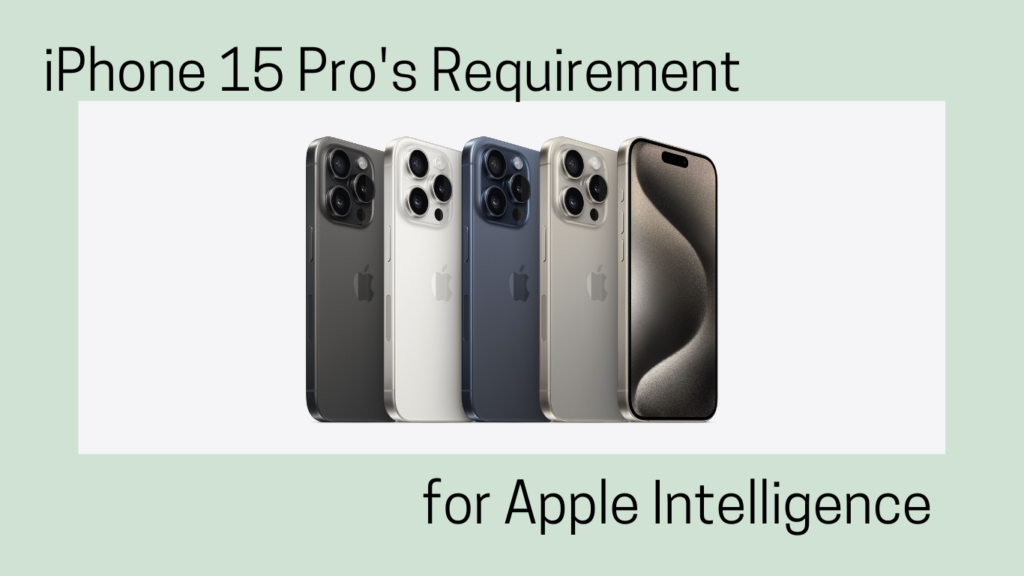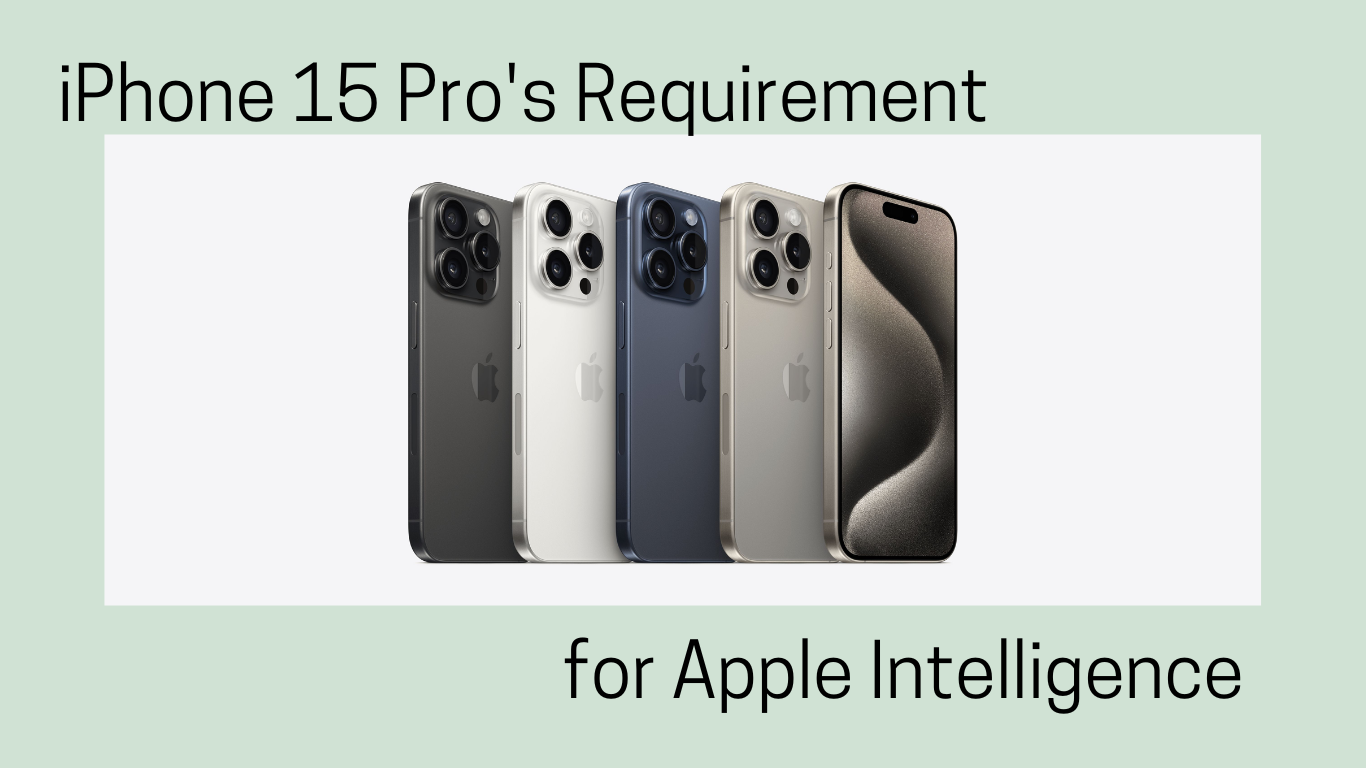With the release of iOS 18, iPadOS 18, and macOS Sequoia, Apple is set to introduce Apple Intelligence, a new personalized AI experience leveraging on-device, generative large-language models to enhance user interactions on iPhone, iPad, and Mac. This innovative AI feature, however, requires the latest iPhone 15 Pro and iPhone 15 Pro Max models, and only Macs and iPads with M1 or later chips will support Apple Intelligence. The announcement has led to numerous questions from users about the reasoning behind this hardware cutoff.

During The Talk Show Live From WWDC 2024, Daring Fireball’s John Gruber posed this question to Apple’s AI/machine learning head John Giannandrea, marketing chief Greg Joswiak, and software engineering chief Craig Federighi. Giannandrea explained, “These models, when you run them at run times, it’s called inference, and the inference of large language models is incredibly computationally expensive. It requires a combination of bandwidth, the size of the Apple Neural Engine, and the overall power of the device to execute these models quickly enough to be practical. While theoretically possible to run these models on older devices, the performance would be so slow that it would render them impractical.”
Addressing concerns about the cutoff being a tactic to drive new device sales, Joswiak responded, “No, not at all. Otherwise, we would have limited the feature to our latest iPads and Macs, too.”
Federighi added that Apple’s priority with new features is to make them available on older devices whenever feasible. However, for Apple Intelligence, the required hardware capabilities are specific. “Running models of this power on an iPhone is extraordinary,” he noted. The iPhone 15 Pro models, equipped with the A17 Pro chip, feature a 16-core Neural Engine that is up to twice as fast as the A16 chip found in the iPhone 15 and iPhone 15 Plus, performing nearly 35 trillion operations per second. Federighi hinted that the RAM, with compatible devices having at least 8GB, is another critical factor for the new AI features.

Despite the hardware limitations for Apple Intelligence, owners of older iPhones can still look forward to iOS 18, which brings numerous new features beyond AI enhancements. Every iPhone capable of running iOS 17 will also support iOS 18, including models as old as the iPhone XR from 2018.
For users eager to experience Apple Intelligence but lacking an iPhone 15 Pro or iPhone 15 Pro Max, waiting for the iPhone 16 series, expected to launch alongside iOS 18 in the fall, might be a viable option.
Additionally, Apple has emphasized the importance of user privacy and security with the introduction of Apple Intelligence. By performing AI processing directly on the device, Apple ensures that user data remains secure and private, with no need to send information to external servers. This on-device approach aligns with Apple’s long-standing commitment to protecting user privacy.
In summary, the introduction of Apple Intelligence marks a significant advancement in personalized AI experiences on Apple devices. While the hardware requirements may limit availability to the latest models, the broader enhancements in iOS 18 promise to deliver a rich and improved user experience across the board.

Subtly charming pop culture geek. Amateur analyst. Freelance tv buff. Coffee lover
